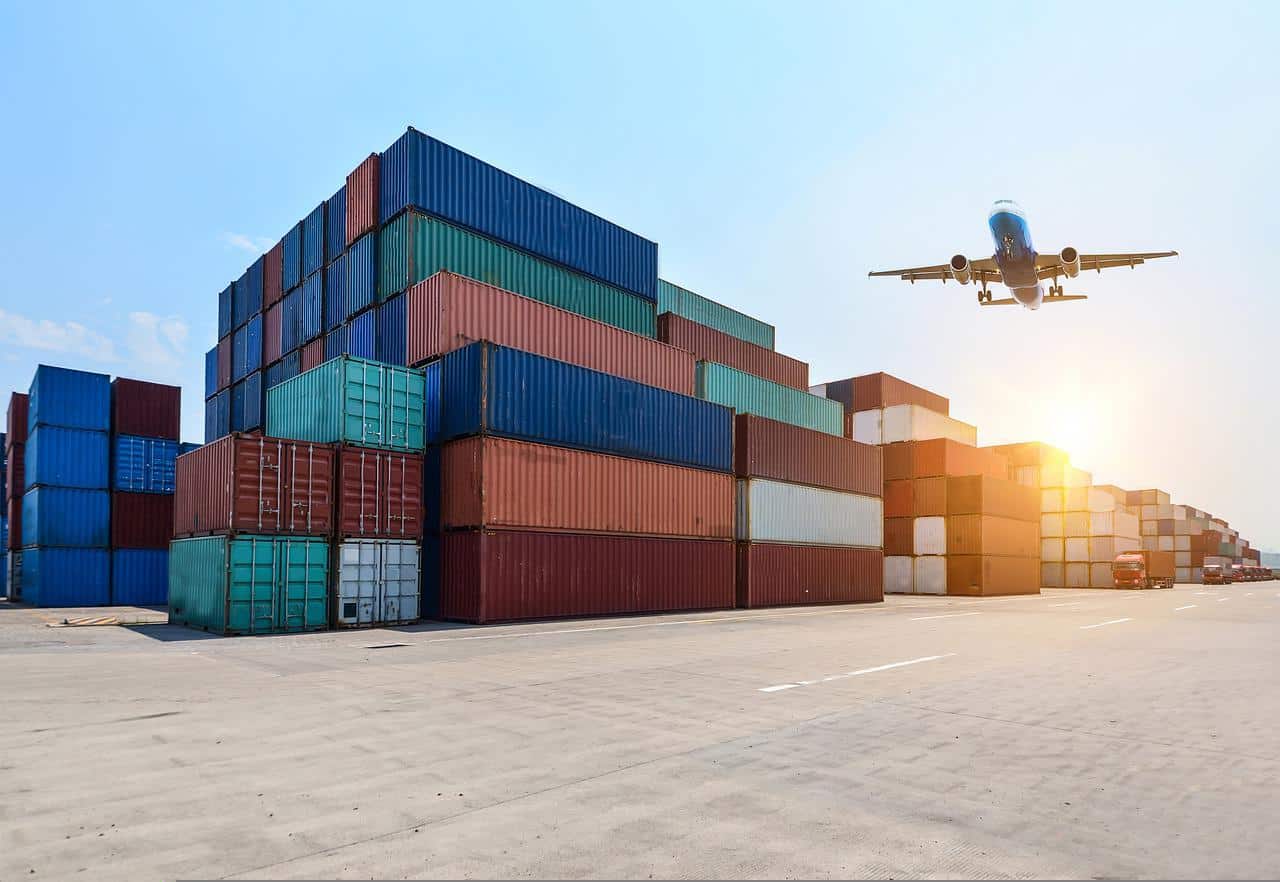
Our country has shown high levels of growth in recent years, and without a doubt, some of the points that highlight its growth are foreign investment, and the revitalization of the import and export of products in the Dominican Republic, among others.
The importing industry could bring with it certain negative circumstances, therefore, it is vital to contractually establish rules that would govern the parties involved in this type of relationship. To that effect, there is a law in the Dominican Republic that regulates this matter, which is Law 173-66 on Protection to Import Agents of Goods and Products.
If in the Dominican Republic a company, society, or corporation is going to be dedicated to promoting and managing the import, distribution, and sale of products or merchandise of foreign origin, or even if they are manufactured in Dominican territory, it should be noted that there are rules on the protection of importing agents, representatives, commission agents, or dealers specified in Law 173-66, which is still in force and application.
To become more familiarized with this Law, you may review a section of Judgment No. 122 from August 22nd, 2012, issued by the First Chamber of the Dominican Supreme Court of Justice, which states the following:
‘The primary purpose of Law No. 173 from April 6th, 1966, on the Protection for Importers of Goods and Products, is to avoid a unilateral resolution from the grantor, untimely and unjust to the detriment of agents representing foreign parties’;
Which leads me to think about the need to structure a contract.
For this reason, it is vital that if you are interested in importing products to the Dominican Republic, you seek the assistance of one of our lawyers specialized in the entrepreneurship and business area. One of our lawyers can provide guidance in the preparation and review of the contract that will regulate the commercial relationship between the parties. The contract should at least establish the following:
If the contract also includes a clause in which one of the parties unilaterally reserves the right to terminate their contractual relationship earlier than initially agreed, it is essential to acquire the assistance of a lawyer specialized in the subject matter. This lawyer would review the effects and consequences of the clause in question, which would be required in order to protect the interests of the contractor from the onset, since Law 173-66 does not allow the waiver of rights in these contracts.
In order to become eligible for the compensation established in article 3 of Law 173-66, the affected party in a civil claim for damages is required to substantiate their claim by providing proof. Some examples of proof that can be provided are the following:
Therefore, it is important to establish the type of contract in question; i.e., if it is a distribution contract, determine whether or not it establishes exclusivity In the event exclusivity is not established, it would open the possibility of a third party being contracted, and having the foreign company promote the goods or products in the domestic market by itself, in compliance with the Law. In this case, article 3 would not apply, nor would the new partner of the foreign company be jointly and severally liable for the payment of compensation, given that there was no breach of contract.
In this regard, Judgment No. 122 resolved a cassation appeal filed by a party who marketed communication equipment in the country, where the unilateral termination of a concession contract was examined, the Supreme Court of Justice textually pointed out the following:
‘… these purposes cannot hinder the free trade in cases where, by the nature of the contractual relations, the grantor is not given exclusivity by the dealer in the importation, as it happens in the sale or distribution of its products. In those circumstances, and unless wilful intent or bad faith is proven, which was not the case, the dealer does not have the right stipulated by said law to claim damages against the grantor. This comes as a result of the grantor establishing relations with other dealers, which is why the means under examination must be dismissed’.
Additionally, there is an evaluation of the constitutionality of article 10, Law 173-66. This article has been reviewed by the Constitutional Court of the Dominican Republic, which declared that there was no violation of any right or principle (Judgment TC/0085/13, File No. TC-01-2003-0012, June 4th, 2013).
Please note that to rely on the provisions of Law 173-66, the contract as well as the companies must be registered with the Central Bank of the Dominican Republic no later than 60 days after contracting, as stipulated on article 10. This prevents a third party from illegitimately distributing goods from a foreign company.
Remember that this Law, structured in 12 articles, applies to companies located within the country that are also comprised of foreign partners or shareholders.
Some of the features of exclusivity are:
In conclusion, adhering to Law 173-66 has several benefits. It provides protection to the parties, however, in order for this to happen, the following needs to be complied with:
Both requirements must be fulfilled to achieve the intended purpose.
Our attorneys focus on assisting in the communication between the parties so that they can create appropriate and law-abiding relationships. We have a very high rate of successful agreements and/or contracts that satisfy both parties. If you are interested in importing products in the Dominican Republic, we recommend you contact us to review your case individually.
Morillo Suriel Abogados, is a law firm in Santo Domingo Dominican Republic, specialized in Contractual and Corporate Law, with vast experience in the matter. We are at your disposal to assess your situation in an individualized way through a consultation and thus help you find the appropriate path for an optimal, prevailing, and timely solution to your case.
Comments
No Responses to “Import products in the dominican republic, law 173-66. ¿What you should consider?”
No comments yet.